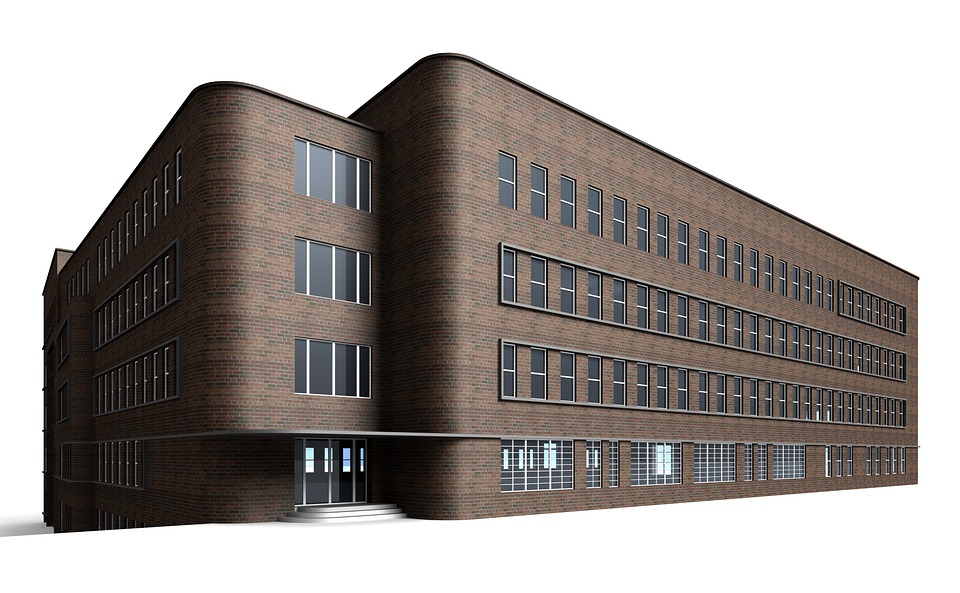Often, a commercial investor will look to hire an inspector who will take control of the project and hire various subcontractors. In truth, it is very similar to how a general contractor may be hired by a land developer so that the actual work can be overseen.
For example, the subcontractors may provide reports on the roofing, structure, electrical, HVAC, and whatever else may be required. Ultimately, the role of the inspector is to provide the client with as much information as possible about a commercial property so that they can enter negotiations in a powerful position.
When it comes to negotiations, it is all about having the upper hand and these types of documents provide a level of ‘power’. Of course, it is also due diligence checking to see if the property is up to snuff and has no major faults.
Depending on the nature of the transaction, the due diligence might change in terms of age, use, location, type, etc. Throughout the process, the client remains in control but the inspector can advise one way or another and this insight can be vital. Sometimes, the inspector will carry out a preliminary inspection so they can provide solid advice.
